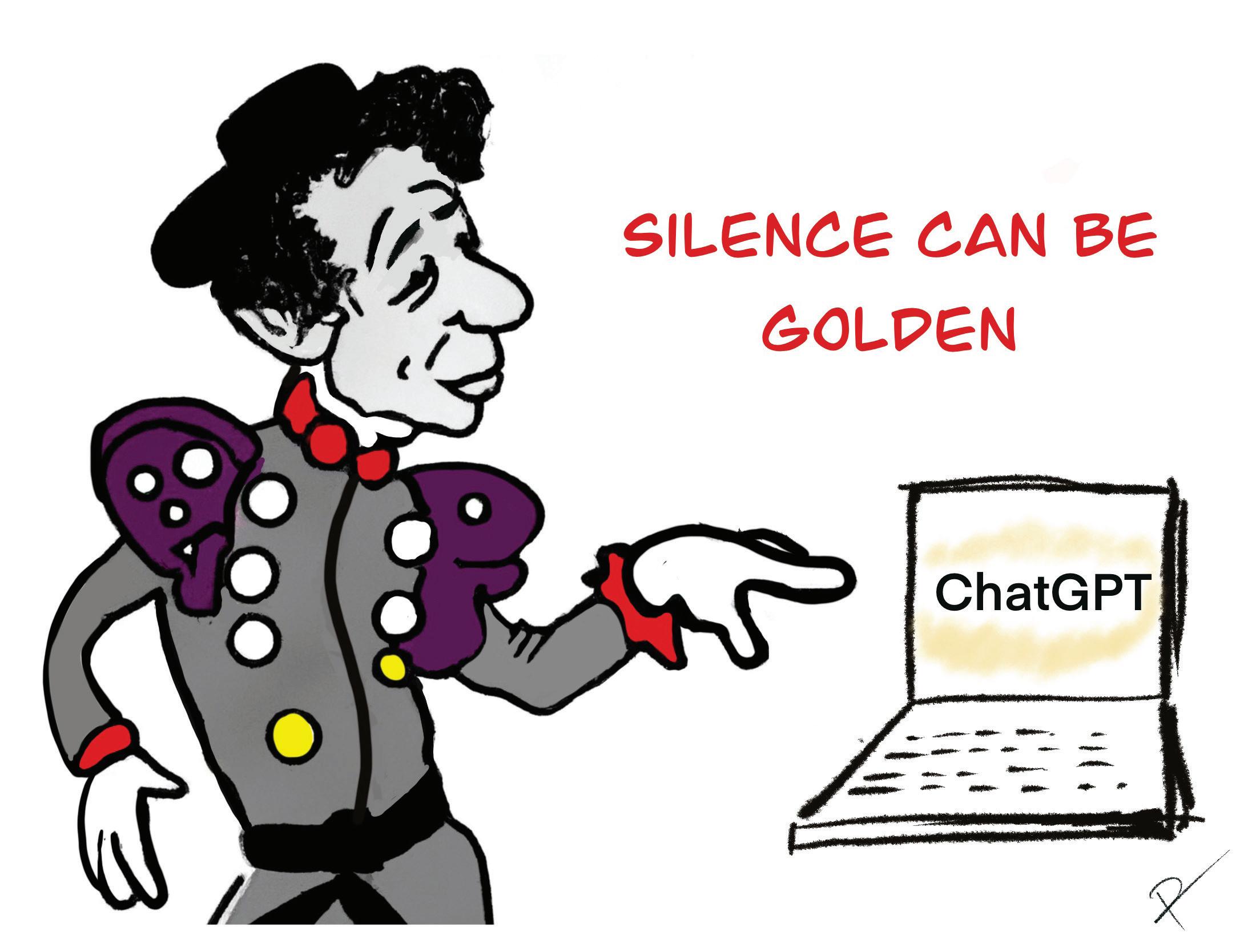
1 minute read
Marcel Marceau saved hundreds of Holocaust orphans
I saved children, bringing them to the border in Switzerland. I forged identity cards with my brother when it was very dangerous because you could be arrested if you were in the underground. I also forged papers, not to save only who hid him during the war knew Marceau later would make an important contribution to the theatre.
He talked about his father, whom he didn’t have a chance to rescue. The elder man, a butcher, died in Auschwitz.
Master of Silence – it may have been particularly difficult for him to break the silence about this tragic period in his life.” He built a career on that silence.
In 1944, after Paris was liberated, Marceau enlisted in the French Army, serving side by side with American G.I.s. As he recalled, “We were already at peace in December 1945, but we were still mobilised. I went to Frankfurt where there was the Sixth Army of General Patton and I met Captain Parker. He said to me, ‘Young man, what will you do later?’ I said, ‘Pantomime … you know, Chaplin, Keaton, I want to make theatre without speaking.’”
Jews and children, but to save Gentiles and Jews, especially Gentiles because there was a law in Vichy-occupied France – to send the young French men, who were 18, 19 years old, to factories in Germany to work for the German Army. And then I had an idea to bribe the officials and make people look much younger in their photos.”
That night in Michigan Marceau gave the crowd advance warning: “Never get a mime talking, because he won’t stop.”
He talked about the acting skills that enabled him to save lives. The cousin
“I cried for my father,” said Marceau, “but I also cried for the millions of people who died.”
The great mime hadn’t spoken about his World War II experiences earlier in his life. His silence wasn’t surprising, according to University of Michigan professor emerita Irene Butter, who introduced him as the Wallenberg Medallist.
“Many, if not most, survivors of the Holocaust were not able to speak about it for nearly half a century,” explained Butter, herself a Holocaust survivor. “Marcel Marceau is known as the
The captain asked Marceau to demonstrate. He obliged with shticks about walking against the wind, climbing stairs and engaging in a tug of war. Then Parker asked him to entertain the U.S. troops – 3,000 strong.
With white face, arched eyebrows and red lips, Marceau continued to communicate to audiences through movement for decades.
Until his death on Yom Kippur at age 84, Marceau performed 300 times a year and taught at his pantomime school in Paris. The artist who brought poetry to silence was laid to rest in a Paris cemetery in 2007.







